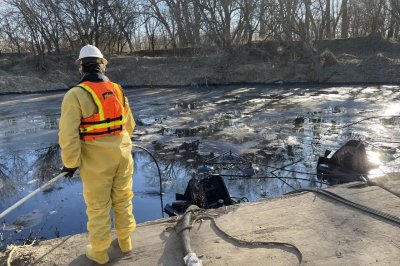Topic: Keystone XL Pipeline
Quotes
The Keystone XL pipeline represents the next step in a broader story. Although President Obama has said he will veto this legislation, I hope he will ultimately choose to continue to build on our lasting energy and environmental partnership
Alberta weighs in on Keystone XL measure Feb 12, 2015
If the pipeline is not built, important socio-economic benefits will not be realized
House passes Keystone XL legislation; will test veto pen Feb 11, 2015
The president needs to work with Congress in a bipartisan way and approve the Keystone XL pipeline project for the American people
House passes Keystone XL legislation; will test veto pen Feb 11, 2015
We will assist in reviewing the issues raised by the EPA related to current low oil prices and their impact on greenhouse gas emissions associated with the pipeline should [the State Department] determine that further review is required
House passes Keystone XL legislation; will test veto pen Feb 11, 2015
The project is in the national interest of our country and the American people. It will create good jobs for our citizens, boost economic activity in our states and generate revenues for our communities
Keystone XL: An elephant in the room Jan 21, 2015
The Keystone Pipeline System is a pipeline system to transport synthetic crude oil and diluted bitumen from the Athabasca Oil Sands in northeastern Alberta, Canada to refineries in Illinois and Oklahoma, and further to the U.S. Gulf Coast. It consists of the operational "Keystone Pipeline" and proposed Keystone XL (Keystone Expansion) pipeline. Keystone XL has faced lawsuits from oil refineries, criticism from environmentalists and some members of the United States Congress. The U.S. Department of State in 2010 extended the deadline for federal agencies to decide if the pipeline is in the national interest.
It uses material from the Wikipedia article "Keystone XL Pipeline."














